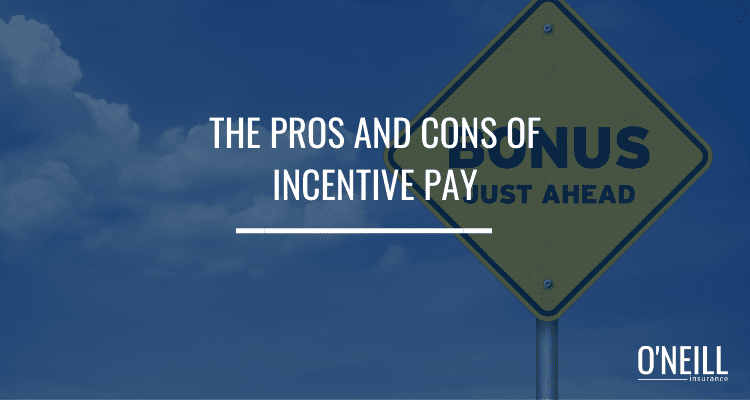
It’s no secret that top talent expects to be paid top dollar.
According to PayScale, 25% of employees said that compensation was their main motivation for quitting a job.
Morever, compensation is consistently reported as one of the top motivators for employees.
That’s where incentive pay can be beneficial.
What is Incentive Pay?
Incentive pay is a type of compensation awarded to employees for results achieved.
One common example of incentive pay is commission, where sales professionals are paid a proportion of each sale they make.
Incentive pay programs can be designed in a variety of ways, but their ultimate goal is to encourage and reward employees for working hard and delivering results.
What are the Advantages of Incentive Pay?
With incentive pay, employees who work hard to produce results will receive the compensation.
As such, employees will be motivated to deliver results and go above and beyond in hopes of receiving incentive pay.
Typically, productivity and employee engagement will increase too.
What are the Disadvantages of Incentive Pay?
With incentive pay programs, there’s a risk for increased competition among employees that can lead to resentment and a cutthroat workplace culture.
Additionally, as employees push themselves in hopes of receiving incentive pay, they may be putting themselves at risk of burnout.
Is it worth it?
Incentive pay programs aren’t the right fit for every organization.
But it’s worth evaluating how other organizations within your industry implement incentive pay programs.
Components of this article were adapted from Zywave. This is not intended to be exhaustive nor should any discussion or opinions be construed as legal advice. Readers should contact legal counsel or an insurance professional for appropriate advice.

